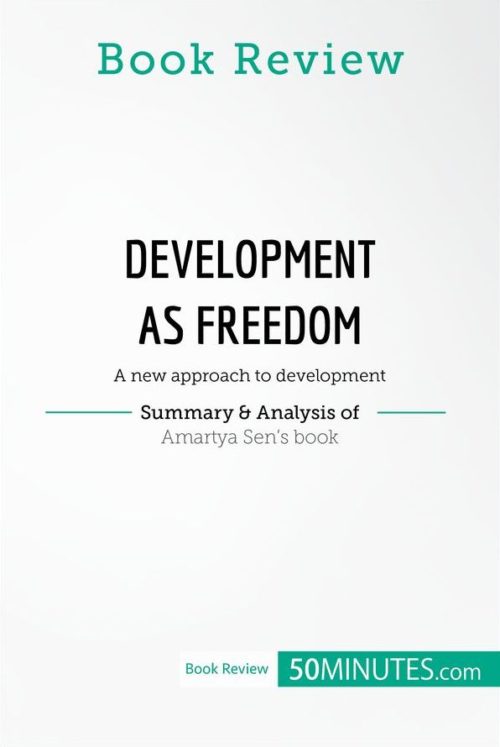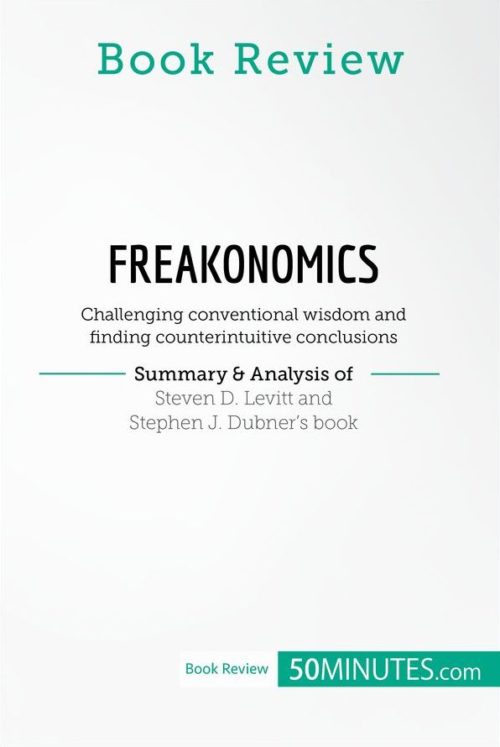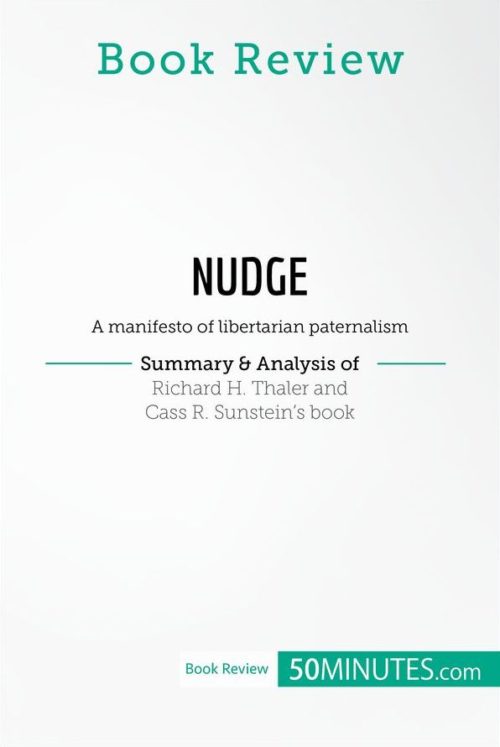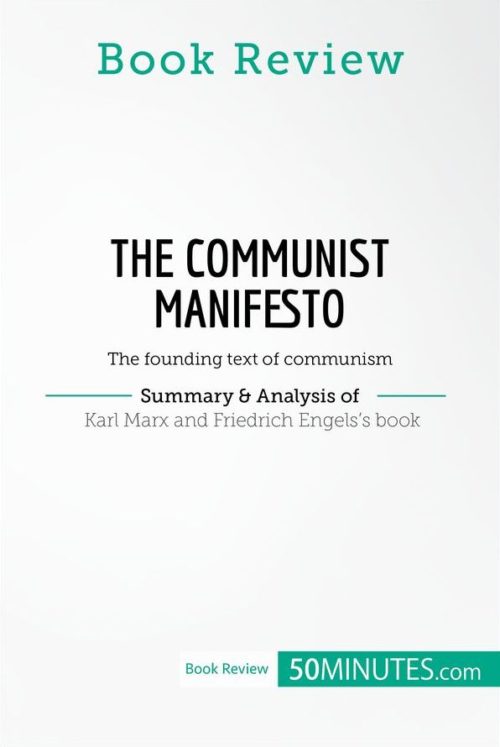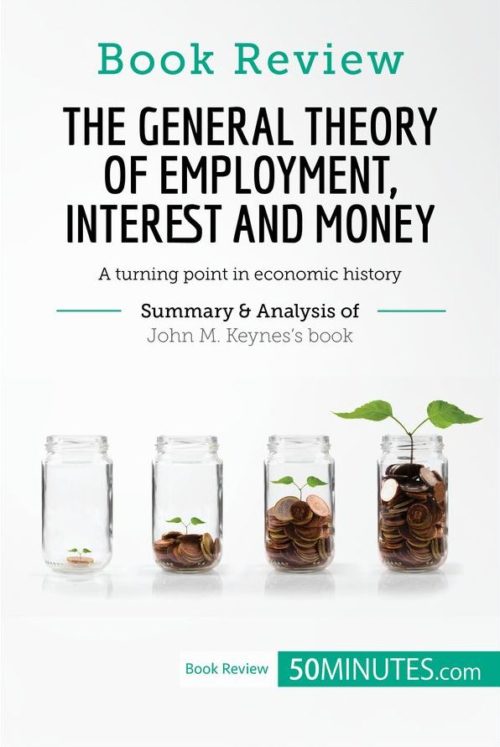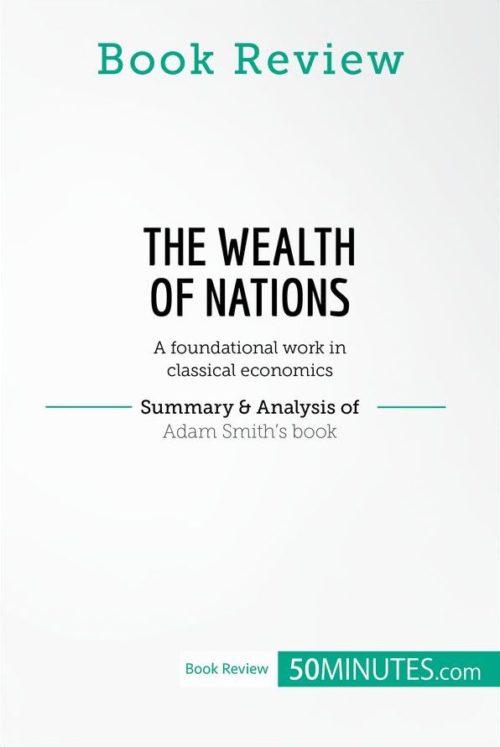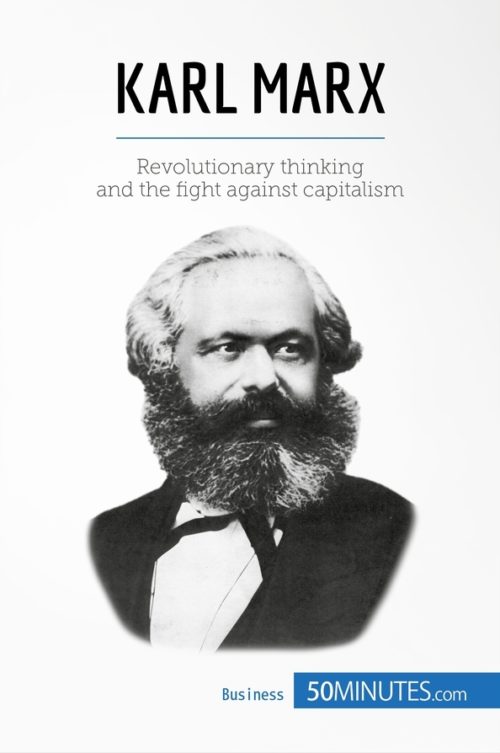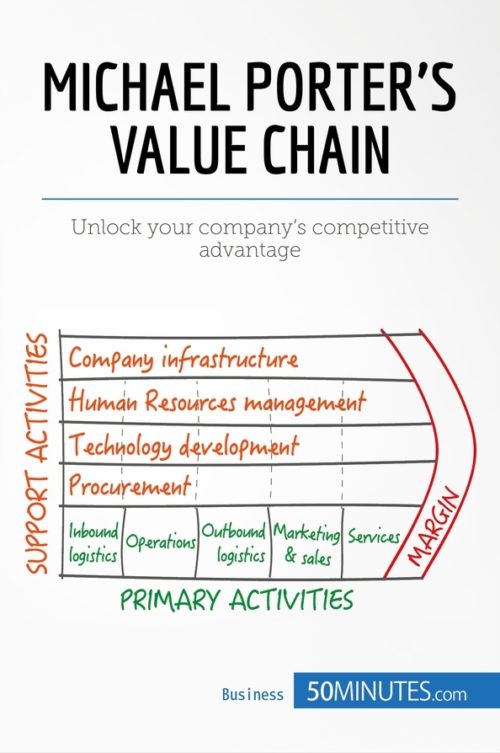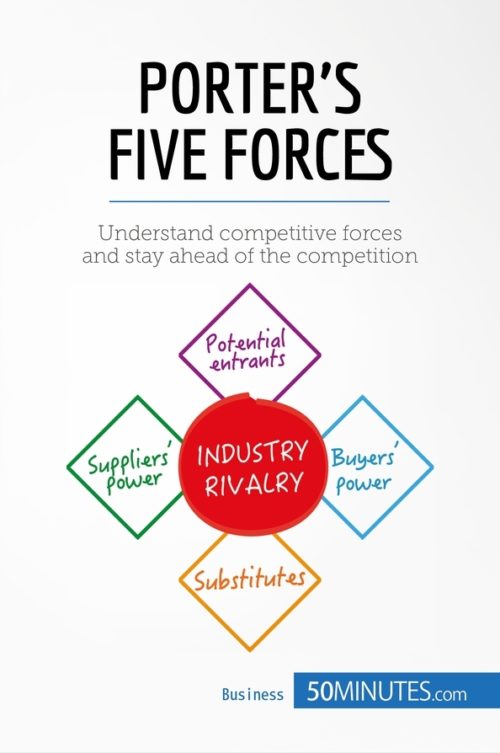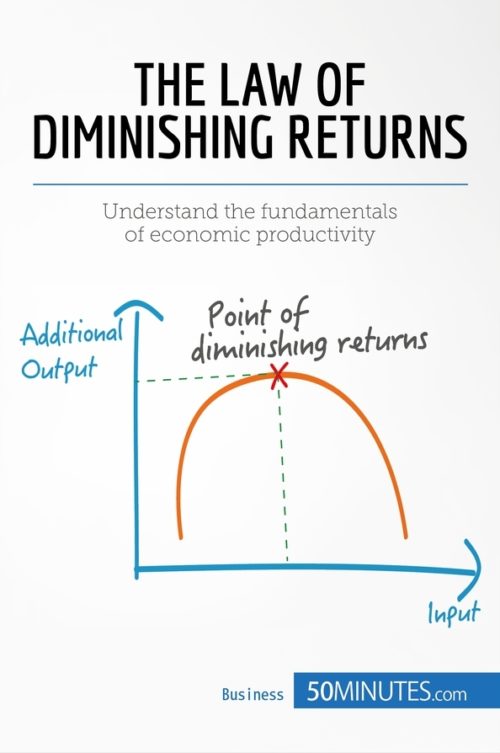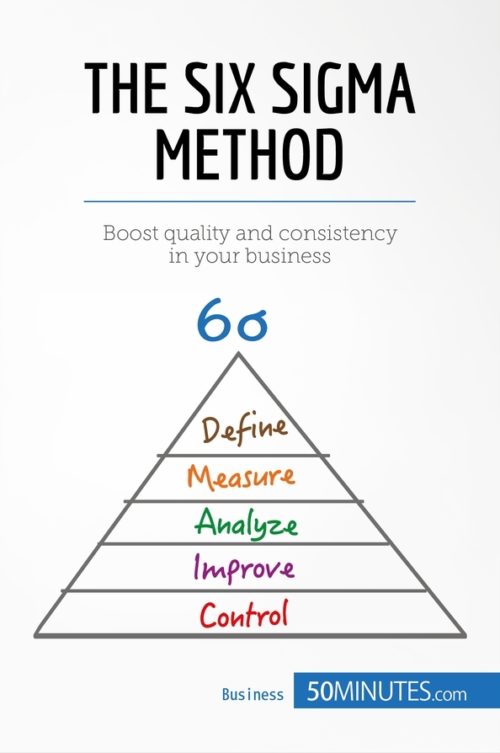Development as Freedom offers an alternative to economic indicators as a measure of development In Development as Freedom, Amartya Sen sets out a new, broader approach to development, according to which economic indicators are only one factor among several. He argues that unfreedom inhibits people’s abilities to live the life they choose, and can still hold people back even when their country’s...
Read more
-
Freakonomics will challenge the way you see the world In Freakonomics, Steven Levitt and Stephen Dubner aim to explain the hidden factors that shape the world around us, which often prove to be counterintuitive and contradict conventional wisdom. This clear and detailed summary and analysis is a valuable resource for anyone who wants to understand Levitt and Dubner’s bestselling book: it features a...
Read more -
Nudge wants to help you make better decisions In Nudge, Richard T. Thaler and Cass S. Sunstein explain the fundamentals of libertarian paternalism. According to them, small nudges can be powerful tools for changing individuals’ behavior without taking away their freedom of choice. This clear and detailed summary and analysis is a valuable resource for anyone who wants to understand Thaler and Sunstein’s...
Read more -
The Communist Manifesto is one of the most influential works of political theory ever written In The Communist Manifesto, Karl Marx and Friedrich Engels set out their belief that human relations have always been defined by class struggle and that the capitalist system is unsustainable in the long term. According to them, a revolution of the proletariat will inevitably lead to a communist...
Read more -
The General Theory of Employment, Interest and Money is a highly significant work that marked a turning point in the development of modern economic theory In The General Theory of Employment, Interest and Money, the British economist John Maynard Keynes argues that the belief that markets naturally tend towards full employment is a fallacy, and that state interventionism is therefore necessary to...
Read more -
The Wealth of Nations explains how countries become wealthy In The Wealth of Nations, Adam Smith seeks to explain why some countries are wealthier and more development than other countries that are otherwise similar. In particular, he reflects on productivity and the crucial role played by free trade and free markets. This clear and detailed summary and analysis is a valuable resource...
Read more -
Learn about the ideas of Karl Marx in just 50 minutes with this practical and concise book. Marx was a German economist and socialist revolutionary who had a significant influence on political thought, and particularly on Communism. His work includes a broad range of different political ideas, including the distribution of wealth and man's relationship with his environment, and gave rise to the...
Read more -
Understand the essentials of Michael Porter’s Value Chain in just 50 minutes with this practical and concise book. Michael Porter’s Value Chain is a series of well-based actions designed to establish and enhance a certain product or service in the market. It is therefore an analytical tool which can be used to give any company which is involved in value creation...
Read more -
Understand the essentials of Porter's five forces in just 50 minutes with this practical and concise book. Porter's five forces is a model which examines customer bargaining power, supplier bargaining power, the threat of substitute products, the threat of new entrants and intra-industry competition, with the aim of allowing users to anticipate industry trends and changes in the competitive environment that could pose...
Read more -
Understand the essentials of the law of diminishing returns (also known as the law of variable proportions, principle of diminishing marginal productivity or diminishing marginal returns) in just 50 minutes with this practical and concise book. Developed by the influential British economist David Ricardo, this fundamental economic law demonstrates that, if the quantity of a given factor of production is increased, the marginal...
Read more -
Understand the essentials of the Six Sigma method in just 50 minutes with this practical and concise book. The Six Sigma method is a rigorous statistics-driven method which aims to reduce companies' adminstrative and production costs while maximizing quality. It has valuable applications in project management, and allows businesses to eliminate defects, increase their reliability and achieve their strategic objectives. This book...
Read more
